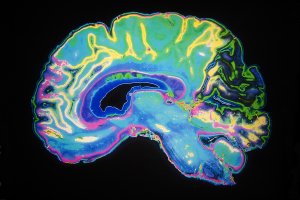New AI Can Predict Effect Of Drugs

New artificial intelligence (AI) has been developed to determine how effective certain drugs are for neurodegenerative disorders.
Researchers at Nagoya University in Japan have created AI called in silico FOCUS that can analyse the cell shape of model neurons to predict whether they will respond to certain drugs, which could help scientists improve their efficiency and efficacy.
Associate professor Ryuji Kato and assistant professor Kei Kanie of the Graduate School of Pharmaceutical Sciences, and professor Masahisa Katsuno and assistant professor Madoka Iida of the Graduate School of Medicine published their findings in the journal Scientific Reports.
Professor Kato stated: “This is an ultra-efficient screening technology that can predict drug efficacy by simply capturing images, thus reducing the time required for drug efficacy analysis and evaluation from several hours with several hundred thousand cells to only a few minutes.”
He added this results in “highly accurate prediction of therapeutic effects”.
The scientists chose to pursue this study due to the harsh side effects of neurogenerative disease treatments. These include sexual dysfunction and preventing muscle tissue formation.
Therefore, this new technology can help develop drugs that have fewer side effects, as current computer systems are too slow to perform the same sort of analysis as the AI model.
Professor Kato also hopes this technology can be used for the discovery of therapeutic drugs for other diseases that have, so far, been difficult to treat.
One condition this AI could help with is Kennedy Disease, which is a neuromuscular disorder that causes the deterioration of muscles closer to the trunk of the body and those around the throat and face. The progressive disease predominantly affects males and is caused by a genetic change in the androgen receptor gene.
For more information about virtual AI workflows, call us today.